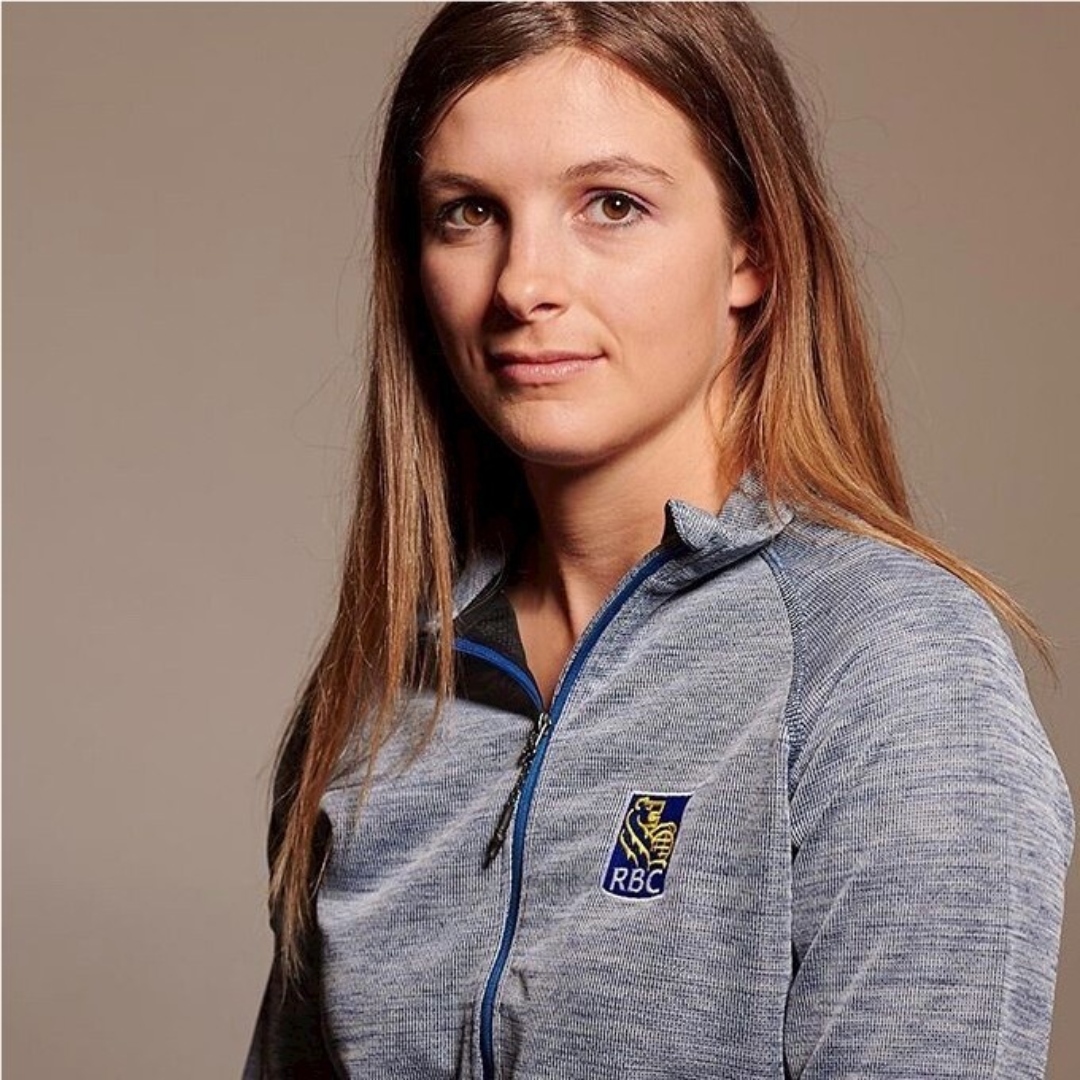
USask researcher and Paralympian seeks plant-based solution to iron deficiency
A new breed of field peas may lead to the development of an effective ‘food-first’ iron supplement.
By BROOKE KLEIBOERUniversity of Saskatchewan (USask) PhD candidate, Keely Shaw, is investigating how a new breed of field peas may allow for a pharmaceutical-free fix to iron deficiency worldwide.
Iron deficiency is the most common nutrient deficiency worldwide, ranked in the top ten contributors to the Global Burden of Disease. There is a particularly high prevalence among females. In Canada, 13 per cent of females aged 12 to 19, and 9 per cent of adult females aged 20 to 49, have been found to have depleted iron stores.
Symptoms of iron deficiency include fatigue, weakness, headaches and poor muscle recovery following exercise. It is typically treated with iron supplements purchased over the counter or prescribed by a doctor. These supplements often come with negative side effects such as bloating and constipation.
Shaw’s research investigates if there is an effective, non-pharmaceutical approach to solving iron deficiency in female and wheelchair athletes – using a plant-based food product designed for that purpose.
“Traditional food-first approaches for improving iron rely heavily on animal products, which can be costly and may not fit into the dietary preferences [or restrictions] of some individuals,” said Shaw.
“Therefore, a plant-based dietary intervention could provide a low-cost solution to improving iron levels in a wide range of people.”
Pulses such as field peas are very rich in iron, but due to other compounds contained within the plant, iron is often blocked from being absorbed in the body. The USask Crop Development Centre used genetic technology to create a breed of the plant that is low in these iron-blocking compounds, leaving more iron to be absorbed by the body after eating.
Shaw’s research involved study participants that were each assigned a supplement powder made of either regular peas, a carbohydrate-based starch or the new breed of peas.
Each group was evaluated over an eight-week period on their cardiorespiratory fitness levels, exercise performance, blood iron levels and body composition.
Preliminary results of Shaw’s study have shown the new breed of field peas improves hemoglobin levels in female runners. Hemoglobin is an important blood protein that carries iron and helps to supply oxygen to the body.
The plant-based supplement also helped female athletes reach their recommended daily iron intake to combat deficiency.
Although Shaw’s PhD work is specifically focused on female runners and wheelchair athletes, the findings can be widely applied to the general public.
“This is the first study in humans assessing field pears bred for high iron absorption, which could be beneficial in addressing iron deficiency globally,” said Shaw.
Shaw plans to present the preliminary results of her study at the Canadian Society for Exercise Physiology conference in October 2021 and hopes to complete her doctorate degree in December 2022.
The research is supervised by Dr. Phil Chilibeck (PhD), a professor in the College of Kinesiology, and Dr. Gordon Zello (PhD), a professor in the College of Pharmacy and Nutrition.
“As a female Paralympic athlete, I have struggled with my iron levels for years,” said Shaw, who brought home Canada’s first medal in the Tokyo 2020 Paralympic Games.
“As a kinesiology and nutrition scientist, I try to employ a food-first approach whenever possible. As a 27-year-old individual thinking about the future of the planet, I try to choose plant-based sources of protein more often. This study really ties all of these aspects together.”
The research was funded by the Saskatchewan Agriculture Development Fund and Saskatchewan Pulse Growers, with the scientific support of the USask Crop Development Centre.
This article first ran as part of the 2021 Young Innovators series, an initiative of the USask Research Profile and Impact office in partnership with the Saskatoon StarPhoenix.
Brooke Kleiboer is a communications student intern in the USask Research Profile and Impact unit.
